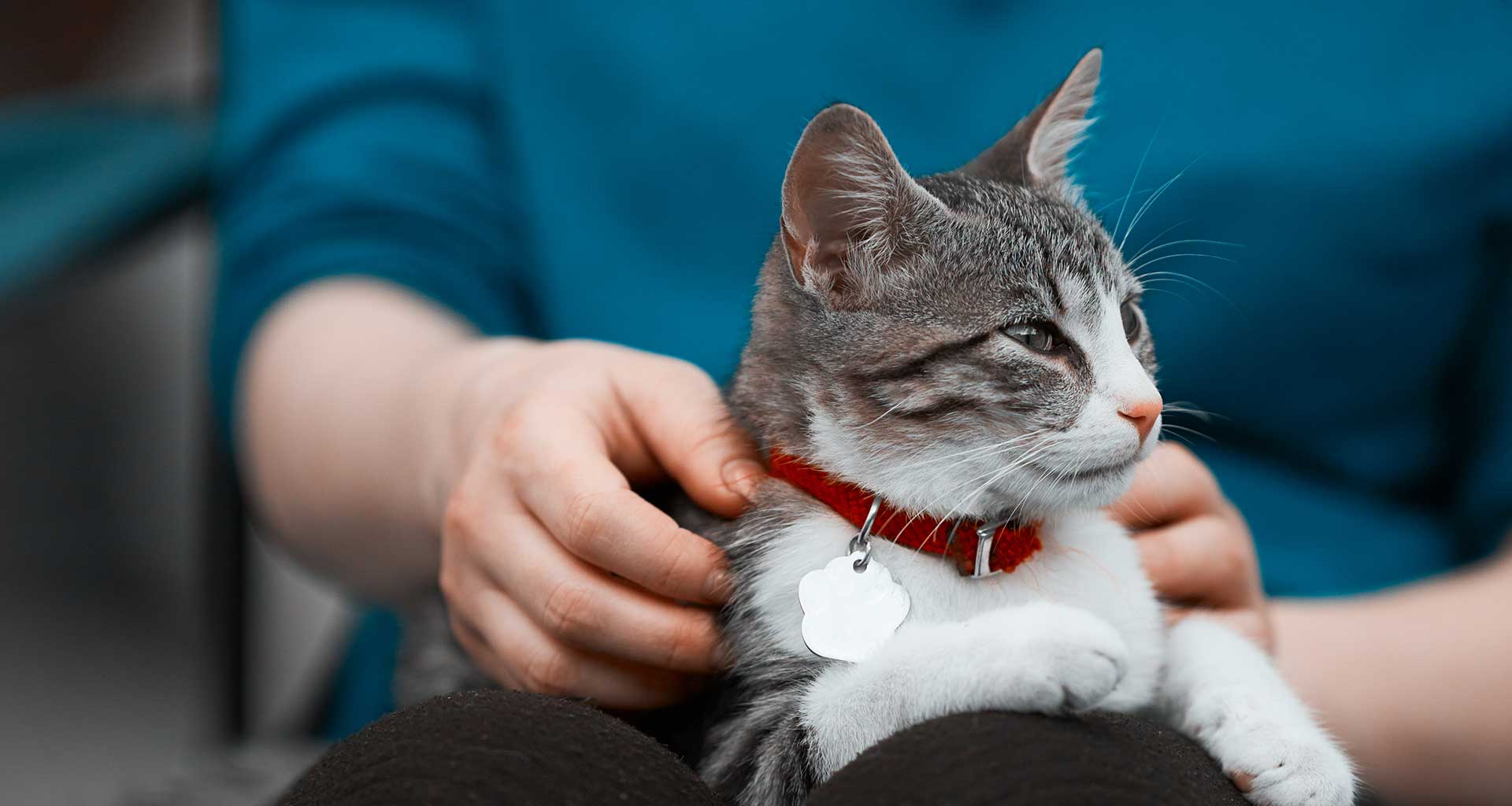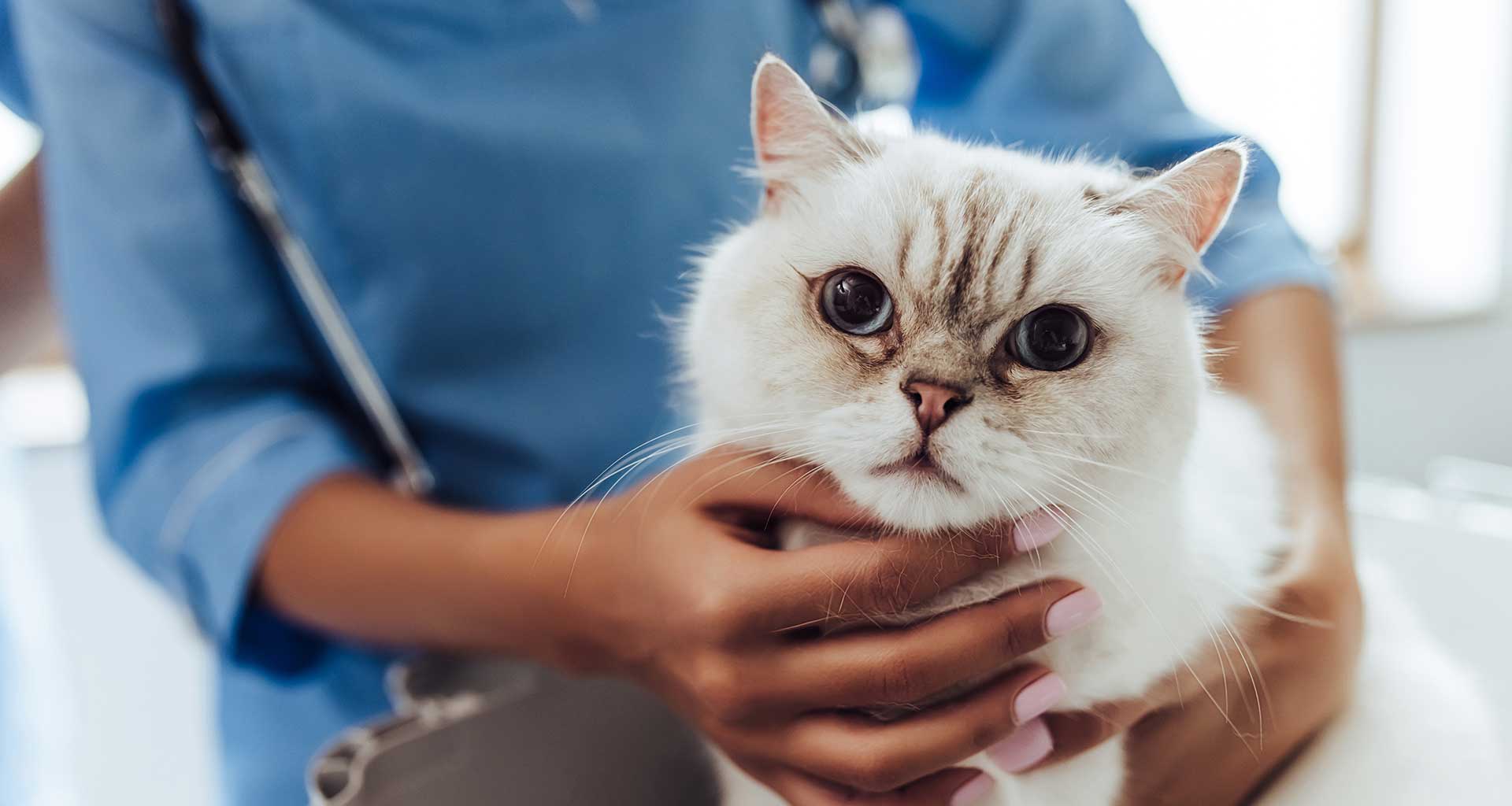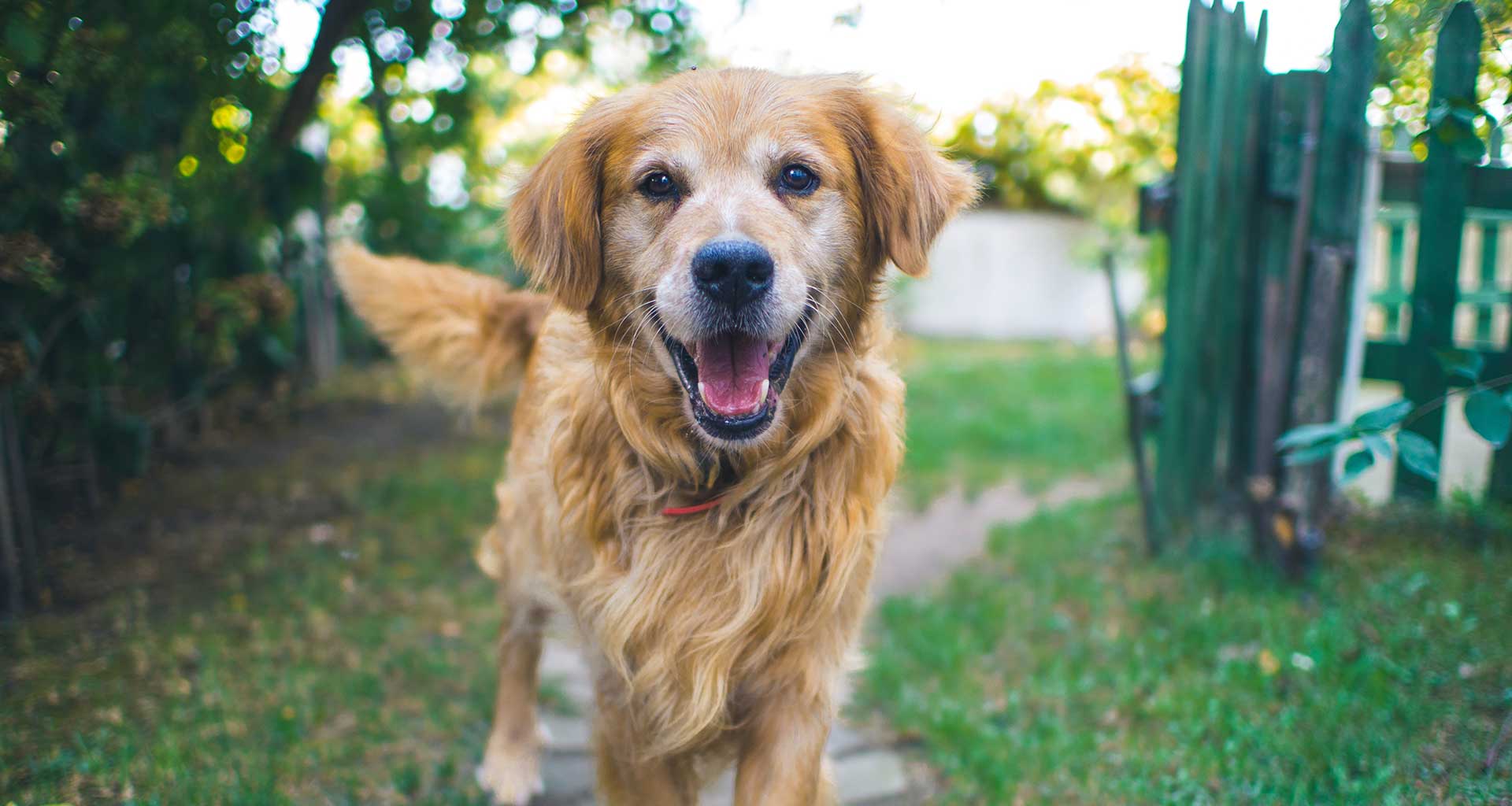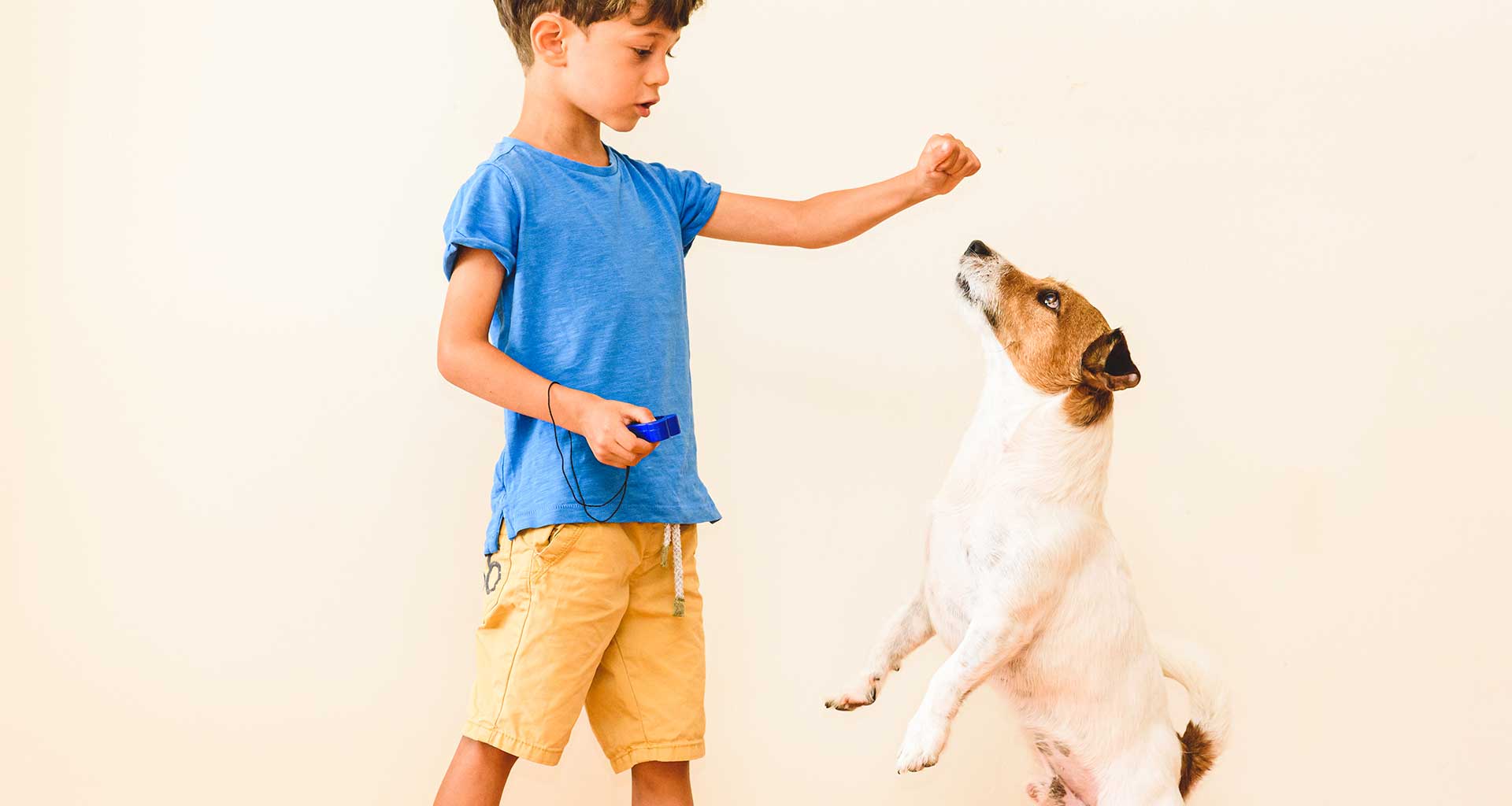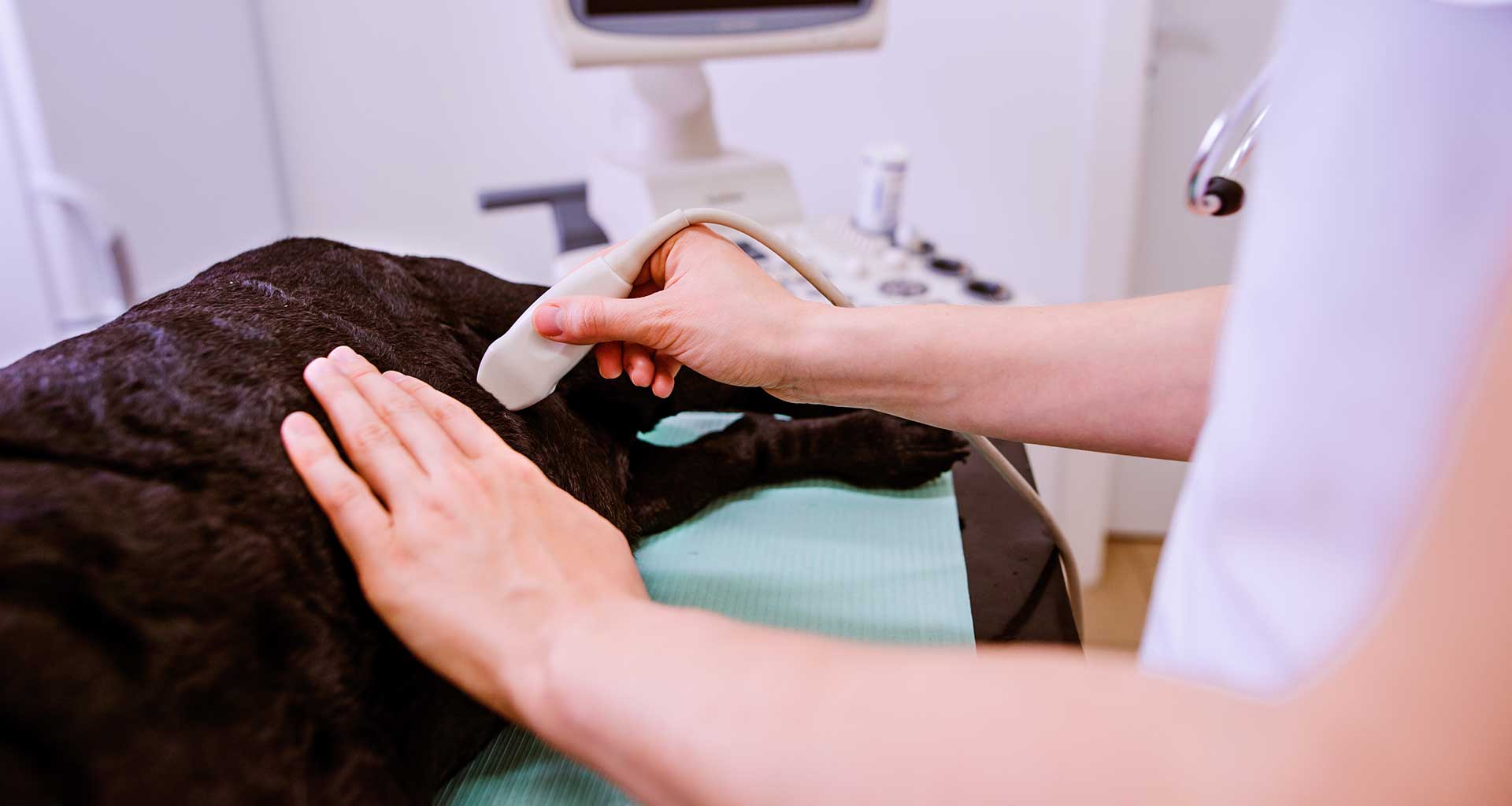Like humans, cats can fall ill and are prone to certain viruses. These can be minor and hardly noticeable, or harmful and in some cases fatal to your cat, especially kittens or older cats. Vaccinations limit the spread and severity of these viruses and reduce their symptoms.
What exactly is a vaccination?
Vaccinations are a way to prevent your cat from getting sick from common viruses. The way a vaccine works is by triggering antibodies for the infection and promoting your cat’s body to fight the invading pathogens.
Harmless parts of the virus, or a weakened version is introduced into the cat’s bloodstream. This weakened version prompts the immune system to make anti-bodies. The weakened or deconstructed version of the virus does not cause the disease in the cat or kitten, but it does give your fur baby the tools to fight the virus if it comes in contact with it.
Vaccines are a safe and effective way to prevent your cat from getting ill and to help stem the spread of diseases. The vet will examine your cat before any vaccination is administered. No vaccination will be administered if your cat is not healthy.
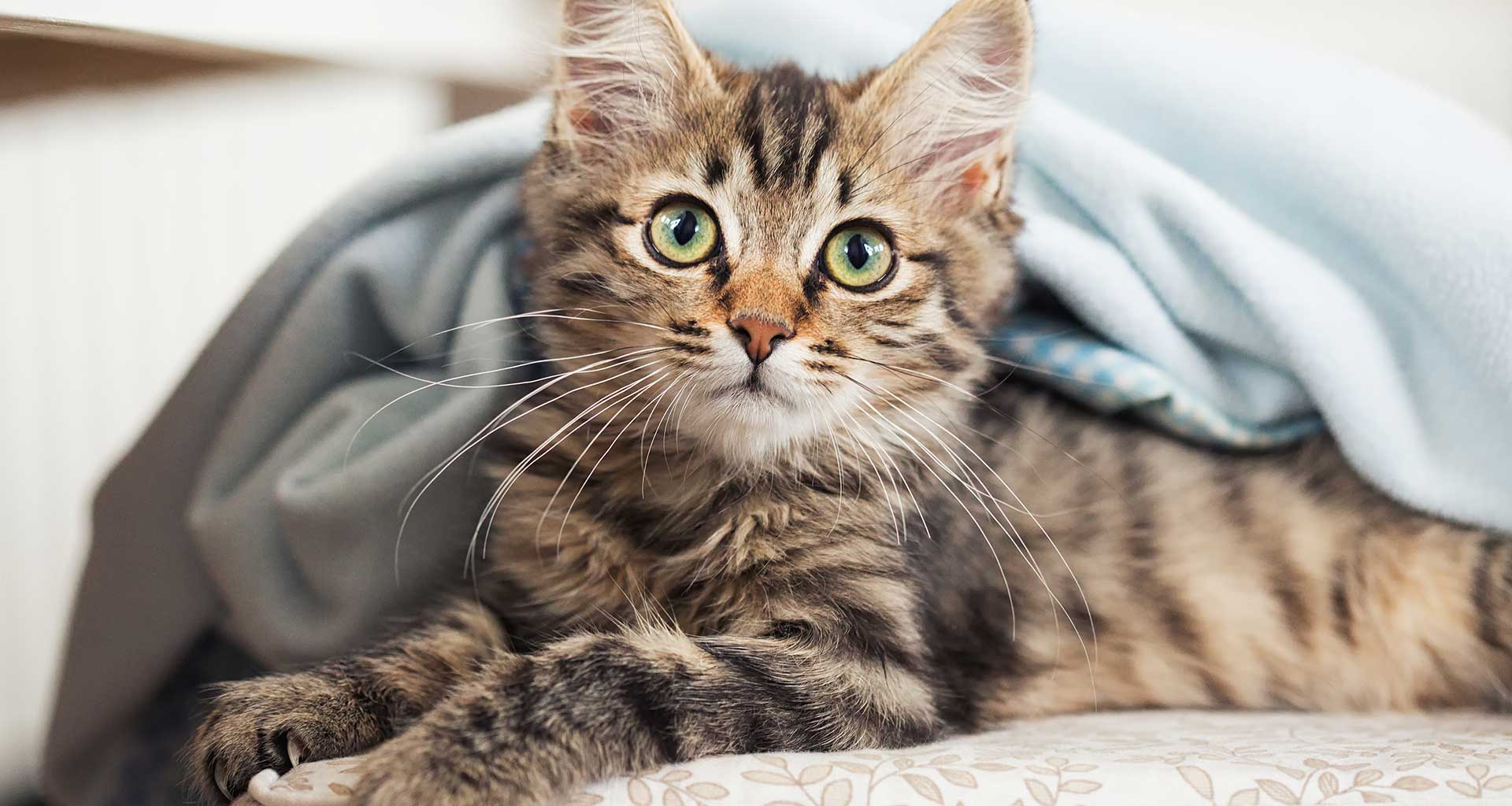
Core and non-core vaccinations
Core vaccinations are for all cats and regardless of if they are indoor and outdoor cats. A common core vaccination is the F3 vaccination which protects against the following:
- Feline Pan Leukopenia – The highly contagious virus which is caused by the feline parvovirus is not very common today. Kittens, older cats and sick cats are likely to get very sick or die from this virus if not vaccinated.
- Feline Calicivirus – The virus causes respiratory infections and oral infections. These infections range from mild cases to severe. It is highly contagious and is known for spreading easily in shelters, stray cat colonies and pet shops. The Calicivirus is usually not deadly and most cats make a full recovery.
- Feline Herpesvirus – This virus is usually not deadly but can leave the cat with a lifelong deformity if infected as a kitten. The virus causes inflammation and infection in the eye, sinus and respiratory tract. Infected cats can easily spread the virus to a healthy cat.
Cats and kittens which are at risk receive non-core vaccinations. Your vet will be able to advise you on what vaccinations are applicable to your kitty. The area where you stay, proximity to cat population and the lifestyle of you and your cat all play a role. The non-core vaccinations include:
- Feline Leukemia Virus – Thanks to responsible vaccination this virus is not prevalent anymore. Your vet can advise you regarding this vaccine as there are still some reported cases of this dangerous virus.
- Feline Immunodeficiency Virus – is not the same as Feline Aids. Feline The FIV virus is on the decrease, but it is still a threat. It is important that you get advice from your vet on whether or not your cat needs protection. FIV takes years to start showing symptoms. Infected cats spread the virus through their bites, not water bowls or sharing spaces.
- Chlamydia Felis – is spread through direct contact with infected cats. The symptoms include watery eyes, runny nose and sneezing. The virus does not spread to the lungs if treated.
- Bordetella Bronchiseptica – this virus is usually harmless and passes in a week to ten days, but some kittens or older cats develop pneumonia which is life threatening. Make sure to check with your Vet about your area and if your fur baby needs a vaccination.

Vaccination Schedule
Please note: Vaccines are ever improving. You should confirm with your vet on any information to be sure, and take this as a general guide only.
Kittens:
- Kittens first F3 and potentially FIV vaccination should be around 8 weeks as this is when the antibodies from mommy cat’s milk starts to wear off.
- At 10 weeks, if your kitten roams outside it is likely your kitty needs a second FIV vaccination.
- at 12 weeks of age, your kitten will receive a second F3 vaccination. Indoor cats get the F3 booster only. Outdoor cats that are at risk get the F3, F5 and FIV booster.
- at 16 weeks of age, your kitten will receive a third F3 vaccination.
- only annual boosters are needed after the 16 week boosters, but do not miss your annual boosters.
Vaccination Side-effects
Vaccinations are safe, but there are a few side-effects to look out for. Your feline companion will most likely be a bit lethargic for the rest of the day and not too keen to eat. This is quite normal. There will be some sensitivity around the injection site and there is a possibility of a fever. These symptoms usually last 24-48 hours but not longer. If they do last longer or get worse, contact your vet immediately. Make sure your furry friend has access to lots of fresh clean water.
FAQ
All the viruses we have covered are not transferable from your cat to you or your family.
Make an appointment as soon as you can. If they have not missed the booster date by too long it is simply the same as the annual booster shot. If a long time has lapsed since the due date you might have to bring them back in for a second booster shot in a month.
It is not advisable to vaccinate a pregnant or lactating cat. You have to wait until your cat has weaned off the kittens.
